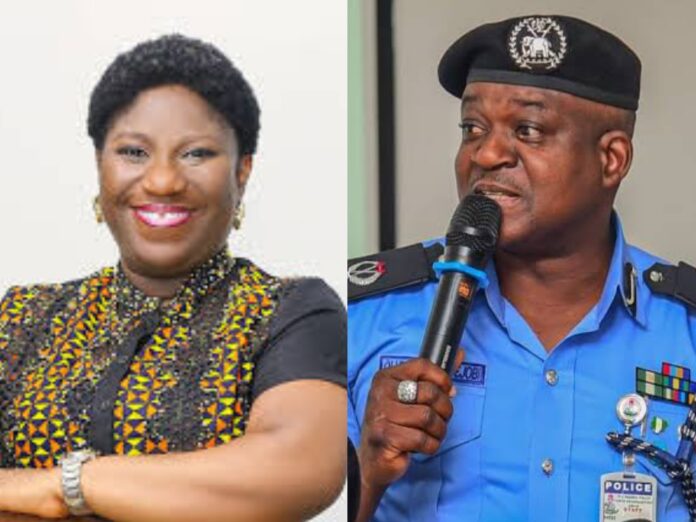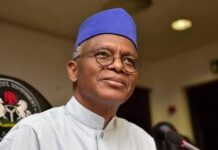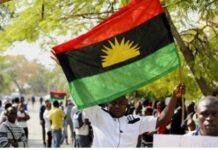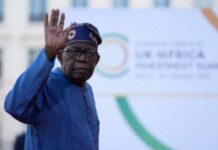90% of attacks on journalists happen on duty, WSCIJ report reveals alarming trend
A recent study by the Wole Soyinka Center for Investigative Journalism (WSCIJ) titled “Journalism and Civic Space in 2023” has revealed an alarming trend: 90% of attacks on journalists in Nigeria occur while they are on duty.
The findings, presented at the Civic Space Guard Conference in Abuja, underscore the risks faced by media professionals as they carry out their responsibilities. The conference, themed “AI, Free Press, and Civic Space: Tools, Challenges, and Future of Investigative Reporting,” attracted journalists, policymakers, and civil society members, with support from the Netherlands Embassy.
Motunrayo Alaka, WSCIJ’s Executive Director, expressed deep concern over the data, highlighting its implications for democratic integrity. “Shockingly, 90% of attacks on journalists occur while they’re executing their responsibilities. This statistic means that nine out of ten times, journalists are subjected to harassment simply for doing their jobs,” she stated. Alaka stressed the importance of creating a safe environment for journalists, which she described as essential for a thriving democracy.
READ ALSO: WSCIJ hosts conference on investigative journalism, AI
The report, based on a review of 134 published stories across 32 media outlets, sheds light on the different forms of attacks, revealing that while 36% of incidents were violent, 64% were non-violent, with peaks in harassment reported during election seasons. It also highlighted that police and political figures are the primary perpetrators of these violations.
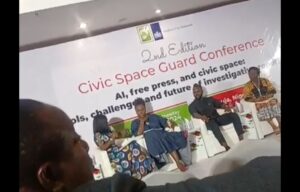
Reacting to the report, Police Public Relations Officer (PPRO) Olumuyiwa Adejobi urged journalists to take extra precautions, especially during potentially volatile situations like protests. “We recommend journalists always wear clearly identifiable jackets. An ID card alone is something a police officer in a high-tension situation might easily overlook,” said Omisore. He added that visibility through distinct identification helps officers recognise media personnel, potentially reducing misunderstandings that could lead to harm.
Adejobi reiterated the Police’s commitment to safeguarding press freedom and the rights of journalists, affirming that efforts are ongoing to improve interactions between security forces and media professionals.
Alaka closed her remarks by urging the government to address the rising threats against journalists, encouraging open dialogue between media professionals and law enforcement. She expressed hope that the WSCIJ report would spark meaningful conversations towards ensuring the safety of journalists and preserving civic freedoms.
Follow the Neptune Prime channel on WhatsApp:
Do you have breaking news, interview request, opinion, suggestion, or want your event covered? Email us at neptuneprime2233@gmail.com

